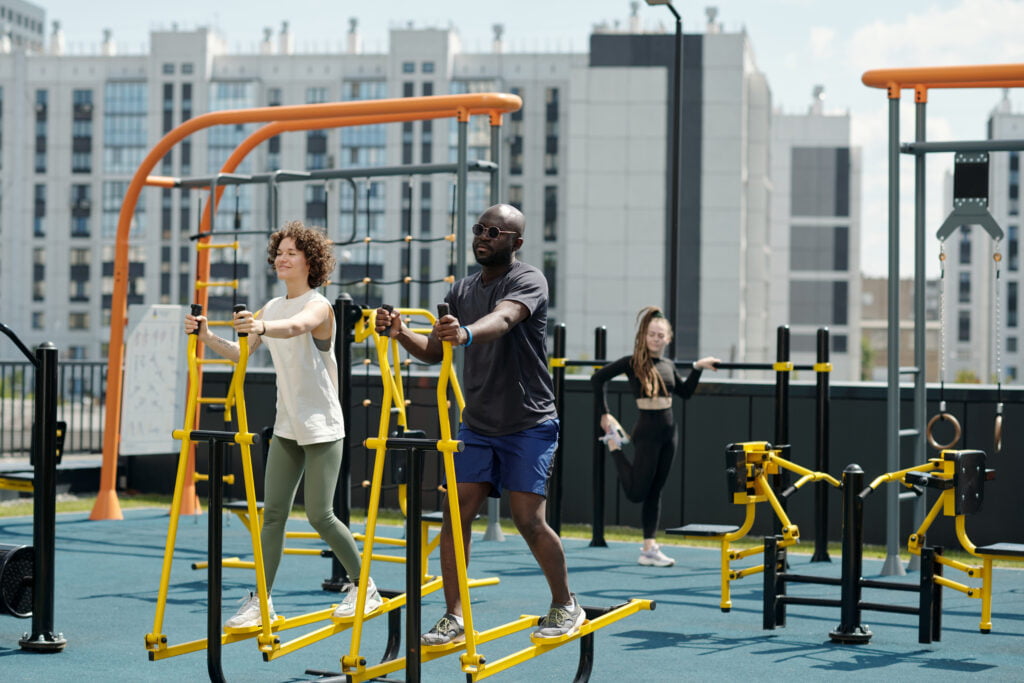What It Takes To Manage a Sports Facility
Managing a sports facility is a multifaceted responsibility involving a balance of numerous tasks. From administrative oversight to the handling of day-to-day operations, and beyond. It is vital to ensure that all aspects of the facility are in optimal condition and ready to serve its purpose of promoting active lifestyle and community interaction. This article explores the essential factors involved in successful sports facility management.
Impact of Communication in Sports Facility Management
Communication in sports facility management has a significant impact on the efficient operation of the facility. It serves to keep every team member informed and updated about the ongoing activities and any changes in services or schedules.
Moreover, effective communication guarantees that all the roles and responsibilities are well understood by the staff, ensuring that all tasks are completed more efficiently.
In the event of an emergency, swift and clear communication is of utmost importance to ensure the safety of the athletes and staff.
Lastly, good communication plays a critical role in keeping the patrons informed about the facility’s amenities, rules, and regulations, thus improving their overall experience.
Essential Technology for Implementing Sports Facility Management

Keeping up with advancements in technology is crucial for effective sports facility management. The proliferation of sports management software platforms has been a game-changer in how sports facilities are administered.
Such platforms can streamline various tasks such as scheduling, managing bookings, processing payments, and even tracking athlete performance. It aids in reducing administrative workload and enhancing operational efficiencies.
In addition to management software, various other technologies like smart lighting systems, digital signage, and HVAC systems can significantly improve the facility’s energy efficiency.
Understanding the Responsibilities of a Sports Facility Manager

A sports facility manager plays an integral role in the operation of a sports facility. Their responsibilities span numerous domains including administrative, financial, operational, and maintenance.
Ensuring the facility stays in pristine condition is critical. Regularly scheduled artificial turf maintenance is crucial to prevent injury on the field and ensure that playing conditions remain optimal for all athletes.
In addition, sports facility managers also need to coordinate event planning and adhere to legal regulations. This includes implementing risk management strategies, executing effective communication protocols, and maintaining a safe and healthy environment.
Lastly, they must manage personnel matters such as hiring, training, and overseeing staff members. By understanding these responsibilities, one can appreciate how essential a sports facility manager’s role is to the seamless operation of the facility.
Necessities for Successful Sports Facility Management
Successful sports facility management requires a comprehensive knowledge base. This encompasses a thorough understanding of the sports industry, risk management, and business and financial management.
The cornerstone of successful sports facility management lies in ensuring the health and safety of all athletes and staff. Regular inspections and fire extinguisher services are crucial to maintain safety protocols.
Effective financial management is equally important. Ensuring profitability without compromising on service quality and patron satisfaction is a delicate balance that must be maintained.
Finally, effective communication is vital to ensure that all components of the sports facility management work in unison towards achieving common goals.
Crucial Challenges in Sports Facility Management
Managing a sports facility comes with its own set of challenges. These range from ensuring financial sustainability, complying with regulations, maintaining the facility, and dealing with emergencies.
Personnel management can also be challenging, especially when dealing with diverse groups with different needs and expectations.
Keeping up with technology upgrades and incorporating them into the facility management strategy is another major challenge faced by sports facility managers.
Despite these challenges, effective planning, risk management, and a customer-centric approach can greatly contribute to the successful management of a sports facility.
Overall, managing a sports facility entails meticulous planning, superior organizational skills, and a commitment to providing the best possible experience for all patrons. Despite the challenges, the rewards of creating a community-centered space that promotes fitness and wellness cannot be underestimated.











